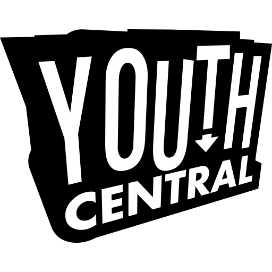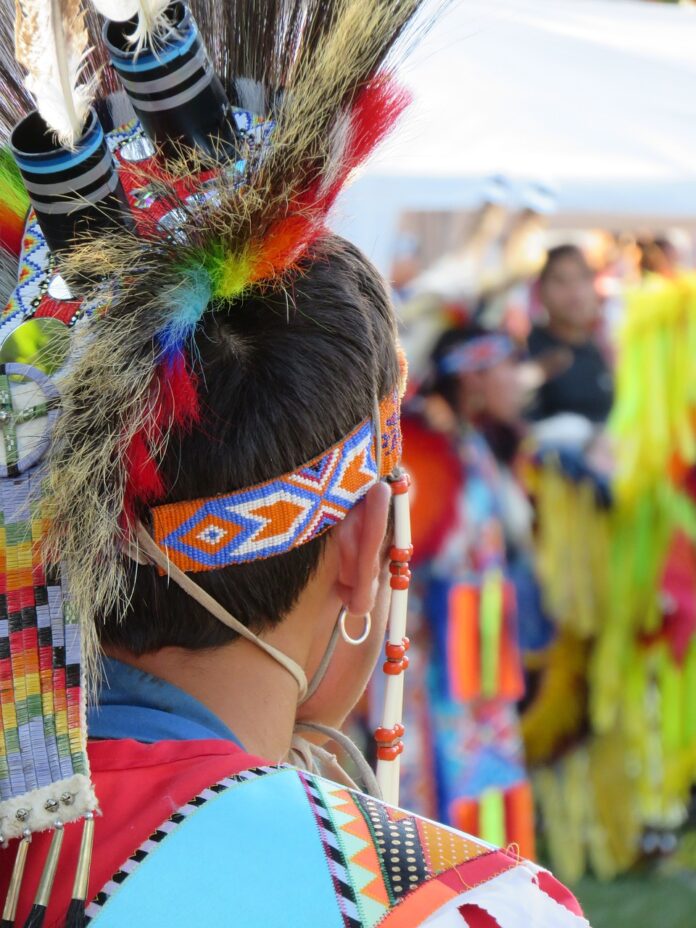After a history of racism, colonization, and oppression that the Indigenous Peoples of Canada have been through, they continue to face the same problems of systemic racism in current society. This systemic racism is especially evident in Canada’s healthcare system. Indigenous people, especially Indigenous women, have a harder time accessing healthcare treatments when it comes to pregnancy. They have also reported being treated differently by healthcare professionals based on their race.
Researchers at the Public Health Agency of Canada recently conducted a survey in August 2023 to measure the differences in accessing healthcare between Indigenous and non-Indigenous women. Using data from the Canadian Community Health Survey, this study found that from 2015 to 2020, 18.6% more non-Indigenous women who were recently or currently pregnant had access to a regular healthcare provider. Compared with non-Indigenous women, 14.2 percent fewer Indigenous women said they had a place to go for immediate, non-urgent care in urban and rural areas. This study, according to many Indigenous leaders and healthcare professionals, was the first to quantify the gaps in healthcare for Indigenous and non-Indigenous women. This study also found that gaps existed across the country, whether in remote or urban locations.
Finding care in Indigenous communities:
Staff shortages hardest hit remote Indigenous communities in healthcare. This leads to many individuals seeking care in urban clinics. This already poses as an obstacle as many communities do not have assigned medical transportation. Once Indigenous women reach the urban clinics, many have reported facing language barriers. A lack of staff who speak languages like Cree or Dene makes many Indigenous women feel unsure of what treatment(s) they are agreeing to. In addition, patients face discrimination regularly. They also receive a lot of judgment based on racist stereotypes associated with Indigenous communities. Due to these reasons, the lack of representation of Indigenous staff, and the lack of Indigenous healing methods and other culturally safe resources being offered as a treatment, many Indigenous women and their families have distrusted the Canadian healthcare system.
Positive experiences in Indigenous-led clinics:
The participants enrolled in the survey also shared positive experiences when seeking care in an Indigenous-led clinic. For example, an urban Indigenous-led clinic in Vancouver called the Kilala Lelum Health Center provides culturally safe and trauma-informed care for patients. This clinic provided support that was not available in other clinics, such as addressing the needs of Indigenous individuals who were facing homelessness by not only providing healthcare but also helping them find stable housing.
Next steps to this study:
According to Cheryl Whiskeyjack, executive director of the Bent Arrow Traditional Healing Society in Edmonton, it is important to start talking to people in medical school and nursing school to have more representation of Indigenous approaches to healthcare and medicine. According to Sebastian Srugo who was one of the lead authors of this survey studying gaps in healthcare between Indigenous and non-Indigenous women, the next step is to write up a plain-language version of the text to make it accessible to more people, and after that comes more research.
It is important to understand and educate ourselves on the obstacles that minority groups in Canadian society face in accessing necessities of life such as healthcare. Here are sources for deeper reading and further understanding of this topic.
Sources:
https://www.cbc.ca/news/health/indigenous-women-health-care-inequities-1.6949274


